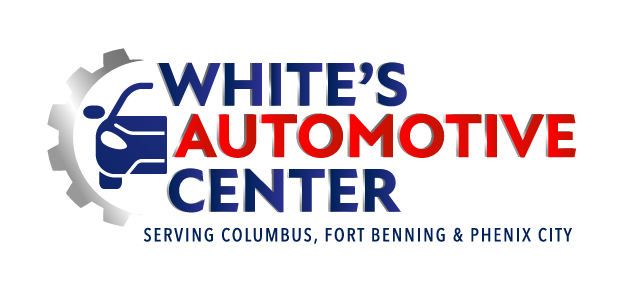Most car owners want to protect the substantial investment they’ve made in that key transportation tool. However, even scrupulous attention to the owner’s manual and timely service inspections cannot protect your car from the person behind the wheel. Unwise driving habits can lead to unexpected wear or even breakdowns.
Once you recognize which of your normal driving habits spell potential problems for your beloved vehicle, you can take steps to modify those behaviors and prolong the life of your car’s components. Discover three bad driving habits that might affect your car’s long-term health.
1. Riding the Brakes: Premature Wear and Damage
Careful drivers make a point of driving slowly and predictably through close-knit city traffic and when approaching intersections. However, while this careful attitude might have advantages from a defensive driving standpoint, it can also cause your brakes to age faster than they normally would.
When you press on the brake pedal, your car’s brake system uses hydraulic pressure to close the calipers surrounding the brake rotors. Brake pads attached to the calipers apply friction to slow the car to a stop. If you habitually ride your brakes, the heat builds up until the pads and rotors sustain damage.
Riding your brakes down a long hill can prove especially harmful. This stressful exercise can transfer heat to your brake fluid until the fluid actually boils. The bubbles in the fluid rob it of its stopping power, potentially causing your brakes to fail at a disastrous moment.
Get into the habit of tapping your brakes occasionally to slow your vehicle gradually, which will allow the brakes to cool themselves down intermittently. When you must go down an extended hill, downshift into a lower gear to slow your car via the transmission.
2. Letting Your Gas Supply Run Low: Fuel Pump Failure
You might feel overly worried to see your car’s fuel gauge needle creeping to the Empty mark, especially when you know that a gas station lies just up the road. Unfortunately, while you might reach that gas station before you run completely dry, you may have already damaged your car by that point.
Gasoline does more than just drive your car’s cylinders; it also plays an important role as a coolant for the electric motor that powers your car’s fuel pump. If the fuel pump starts taking in the air instead of gas, the resulting heat buildup can cause the fuel pump to fail. A failed fuel pump can cost hundreds of dollars to replace.
Keep your fuel tank at least one-quarter full at all times, even if you have to adjust your anticipated route in advance to permit it. This habit should ensure that your fuel pump receives enough gas for cool, safe operation.
3. Shifting Sloppily: Transmission Trouble
Drivers of manual transmissions quickly learn how to shift gears without thinking too much about it, while drivers of automatic transmissions may assume that they don’t have to think about their shifting practices at all. However, shifting gears improperly or with the wrong timing can leave you with serious repair bills.
Some drivers don’t pay enough attention to the relationship between their transmission and their brakes. For example, if you fail to come to a complete stop before shifting between drive and reverse, you force the transmission band to act as a brake. The extra stress can destroy this critical transmission component.
Resist the temptation to rev your car from a neutral gear position and then shift into drive. You might get a welcome forward thrust out of this maneuver, but you’ll also strain the transmission band.
Curb any tendency you may have to shift your car into park before you’ve actually come to a complete stop. This habit transfers all the braking responsibility to the parking claw, which may break it.
White’s Automotive Center can evaluate your car and let you know about any problems that might benefit from different driving behaviors. Contact us to request an inspection.

